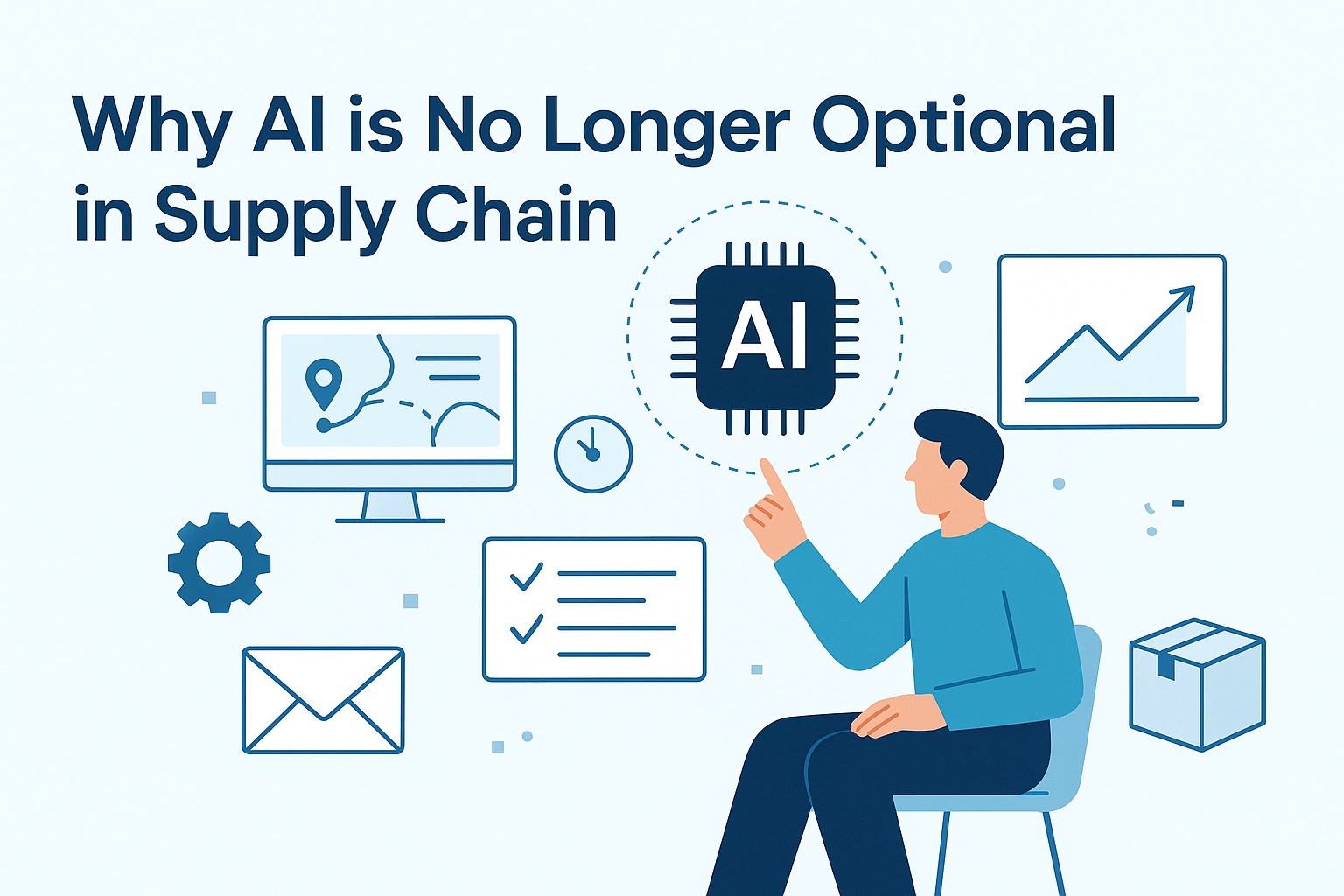


In today’s global supply chain landscape, the need for accurate, real-time decision-making has never been more urgent. The old ways of managing logistics — fragmented data, manual tracking, endless email chains — simply don’t cut it anymore. This is where Artificial Intelligence (AI) is stepping in, not as a futuristic luxury, but as a day-to-day necessity.
At Orkestra, we’ve seen firsthand how AI is transforming supply chain operations across industries. Let’s break down some of the ways AI is driving smarter, faster, and more resilient logistics — and how we’re applying it inside our own platform.
Most supply chain professionals have lived through the frustration of fluctuating delivery times, missed windows, or “delivered” statuses that don’t match reality.
With AI, Estimated Time of Arrival (ETA) predictions become dynamic and contextual. Instead of relying on static carrier feeds or rule-based estimations, AI can ingest:
At Orkestra, we combine these data points to generate high-confidence ETAs that update continuously. The result? Teams no longer scramble to respond to delays — they see them coming.
Every hour spent on reconciling spreadsheets or tracking down a POD is an hour lost on proactive work.
AI can automate repetitive tasks that drain operations teams, including:
Within Orkestra, we’ve built automation into the workflow. For example, smart alerts trigger when a shipment veers off course or enters a high-risk zone — no need to refresh a portal or comb through email updates.
Beyond task automation and ETA predictions, AI can surface trends and prescribe actions that are often missed by human eyes. This is where AI evolves from being reactive to truly strategic.
Think:
Our clients use Orkestra’s analytics engine to move from “what happened” to “what’s likely to happen” — and most importantly, “what should we do about it?”
AI can also be a quiet enabler of better collaboration across teams and partners. For example:
In Orkestra, we’ve layered AI into how supply chain partners communicate around disruptions, so teams resolve issues faster — with less finger-pointing.
AI isn’t about replacing people in the supply chain — it’s about amplifying them. By eliminating the blind spots, reducing manual effort, and predicting the unpredictable, AI empowers supply chain teams to do what they do best: orchestrate complex operations with clarity.
At Orkestra, we’ve built AI not as a bolt-on feature, but as a foundational layer across tracking, automation, analytics, and collaboration. The result? Supply chains that don’t just move — they learn, adapt, and improve.